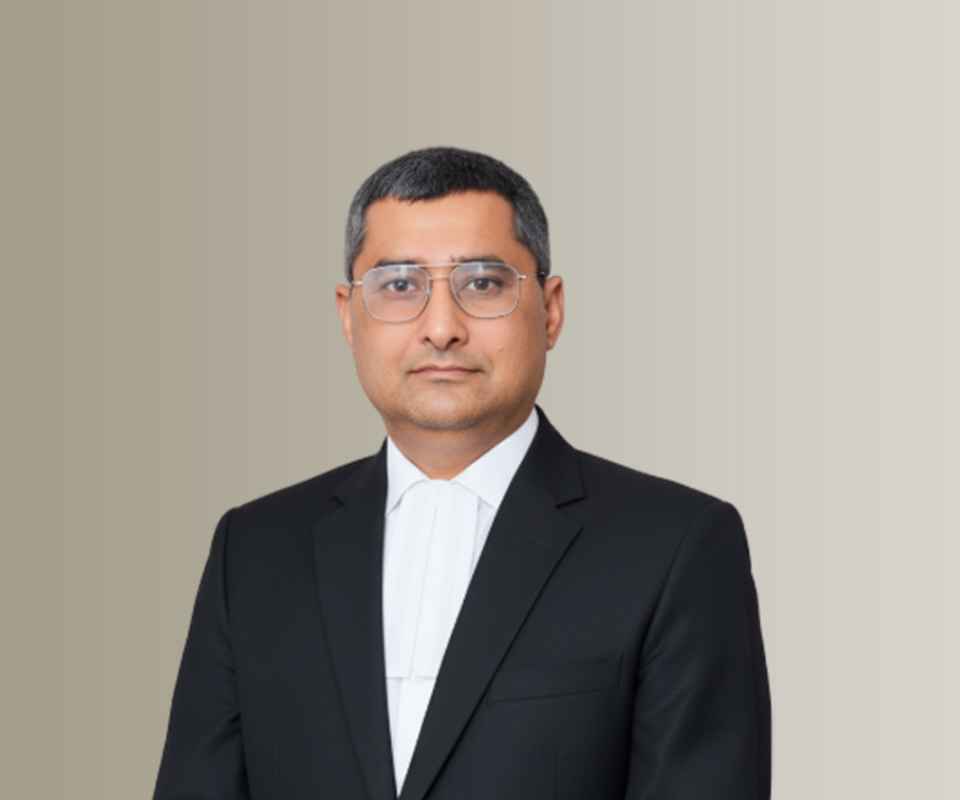Answer By law4u team
In India, parents do not have the legal authority to stop their adult children from living independently. Once children reach the age of majority (18 years in India), they are legally recognized as adults and are entitled to make decisions about their own lives, including where they choose to live. Parents can no longer exercise control over their adult children’s living arrangements unless there are specific circumstances, such as legal obligations or constraints.
Key Points to Consider:
Age of Majority
Under Indian law, particularly the Indian Majority Act, 1875, a person is considered to be an adult once they reach the age of 18. At this stage, they are legally capable of making decisions for themselves, including the freedom to choose where to live, whom to associate with, and how to manage their personal life. Parents do not have the legal right to control or restrict the living arrangements of an adult child who has reached the age of majority.
Right to Live Independently
After becoming an adult, children have the constitutional right to freedom of movement under Article 19(1)(d) of the Indian Constitution, which grants every citizen the right to reside and settle in any part of India. This includes the freedom to live independently, irrespective of parental objections.
Parental Authority Post-Eighteen
While parents have authority over their minor children, this authority generally ends when a child reaches the age of 18. Parents cannot legally prevent an adult child from leaving home or living independently. They may attempt to emotionally or socially persuade their child, but such persuasion does not hold legal weight once the child is an adult.
Family Disputes or Domestic Issues
In cases where there are family disputes, such as conflicts between the parents and the adult child about their choice of residence, the matter may be complicated. However, even in cases of domestic tension or disagreement, the adult child’s right to live independently cannot be denied, unless there are concerns about the child’s welfare or safety (e.g., if the child is being exploited or is in danger). In such cases, family counseling or legal intervention may be sought, but the fundamental right to live independently remains.
Exceptions - Special Cases
Mental Health or Incapacity:
If the adult child has a mental disability or is incapable of managing their affairs, parents or guardians might seek legal intervention to manage the child's living situation or welfare. However, this is a rare exception and requires legal proceedings.
Financial Dependence:
If the adult child is financially dependent on the parents and living under their roof, parents may have some influence in terms of living arrangements or house rules. However, this influence does not extend to preventing the child from moving out, especially once they are capable of self-sustenance.
Cohabitation or Marriage
An adult child also has the right to cohabit or marry as per their own choice, regardless of parental objections. Parents cannot force their adult children to stay with them or prevent them from living elsewhere due to personal or cultural disagreements.
Legal Protection of Independence
If parents attempt to physically prevent their adult child from leaving home or make threats or use force, the adult child can file a complaint with the police for unlawful detention, harassment, or even assault if necessary. The Indian Penal Code (IPC) provides for protection from wrongful confinement (Section 340, IPC) and harassment (Section 354, IPC).
Example:
Case of an Adult Child Moving Out: If a 22-year-old man wishes to move to another city for a job opportunity, and his parents object, he has the legal right to make his own decision. The parents cannot stop him legally from moving, even if they feel it’s not in his best interest. They can express their opinion, but they cannot legally prevent him from living independently.
Family Disputes: If a 19-year-old woman wants to live with her partner, and her parents do not approve, she has the legal right to live independently. If her parents try to stop her, she can seek legal recourse to assert her right to live freely.
Conclusion
In India, once children reach the age of 18, they are legally considered adults and are entitled to the freedom to live independently. Parents have no legal authority to stop their adult children from leaving the family home or living in a manner they choose. While parents may still try to influence their children's decisions, particularly in cultural or emotional contexts, such influence does not carry legal weight once the child is an adult. If parents attempt to forcefully prevent an adult child from living independently, the child can seek legal protection and file complaints of harassment or wrongful confinement.







